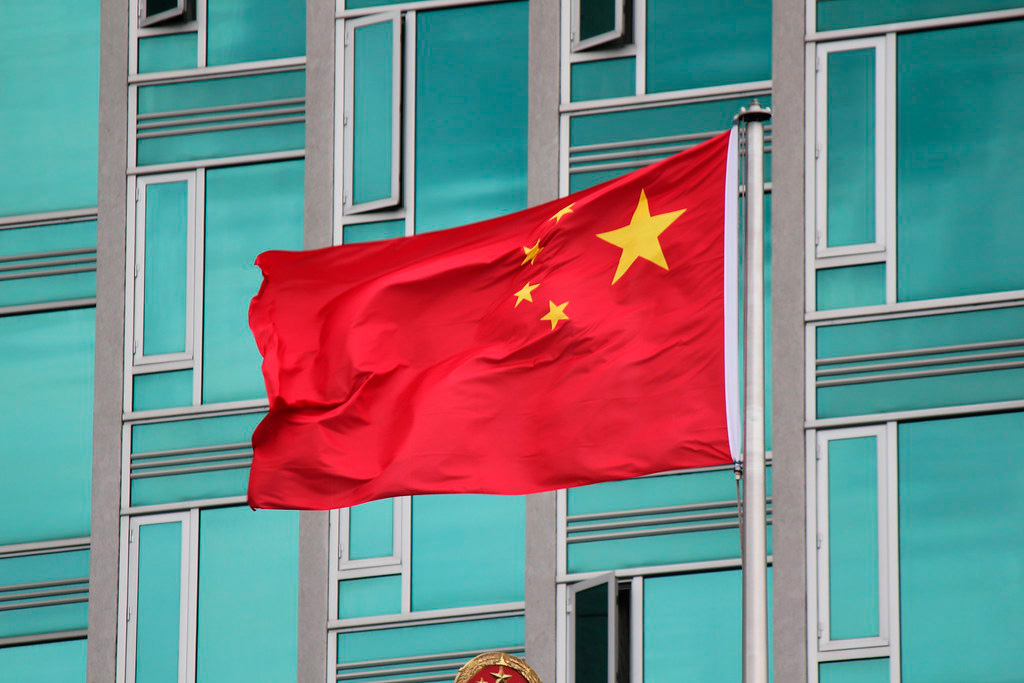In recent times, China, under the leadership of President Xi Jinping, has strategically employed an assortment of legal mechanisms to assert its dominion over the
domestic economy, fortify control over the dissemination of information, and shape its interactions with the United States and its allies. This calculated utilization of legal tools is commonly termed “lawfare” and encompasses a suite of legal measures aimed at safeguarding China’s sovereignty, national security, and economic interests. These measures have raised apprehensions about their potential repercussions on global capital flows and market dynamics.
At the heart of China’s lawfare strategy is the Foreign Relations Law, which confers upon China the authority to take any requisite measures to counter activities perceived as threats to its sovereignty, national security, and developmental interests. Nevertheless, this law is just one facet of a more extensive legal arsenal that China has been amassing. These tools have been activated both in response to heightened tensions with the United States and its allies and as part of President Xi Jinping’s endeavor to exert greater authority over China’s economy and society.
A notable development this year has been the revision of counter-espionage laws. This revision has led to raids on foreign consultancy firms, constraints on academic research, and the withholding of economic data from public disclosure. These actions have cast a chilling effect on foreign investment and the operations of foreign enterprises within China. In the second quarter of the year, foreign direct investment plummeted by 87%, prompting Chinese officials to make a concerted effort to lure foreign investors back to the country. However, these efforts have been hindered by the deployment of China’s legal toolkit.
China has even resorted to offering incentives for individuals who can identify “foreign spies” as part of a nationwide campaign to control the flow of information that China deems economically sensitive, but which Western companies regard as routine and vital for due diligence. Additionally, brokerages and university researchers have been directed not to express negative opinions about China’s economy, and the Hong Kong Stock Exchange rescinded a listing rule that required mainland Chinese companies to disclose China-related risks, perceived as discrediting China.
Moreover, there is the concept of “valuations with Chinese characteristics,” aimed at boosting the valuations of state-controlled companies considered crucial to China’s economic strategies. This involves state-directed investments, restrictions on share sales, subsidies, and preferential tax treatment. Companies of national strategic importance are being prioritized for initial public offerings, while nonstrategic listings are discouraged.
China’s comprehensive legal toolbox, assembled throughout this year, seeks to tighten control over the flow of information from China to the West while increasing investment in strategically important sectors. President Xi Jinping aims to direct capital flows in alignment with his vision for a more state-centric Chinese economy and society. This transformation is leading to what has been referred to as “capital markets with Chinese characteristics,” reshaping China’s capital flows and diminishing the relevance of overseas regulators.
A report by the Foundation for Defense of Democracies underscores that China’s new laws collectively signify a coordinated “lawfare” campaign to govern information flows and compel businesses to choose between Chinese and Western legal and regulatory systems that are becoming increasingly incompatible. This presents a direct challenge to US regulations, including those enforced by the Securities and Exchange Commission, and other capital markets regulators.
The crackdown on foreign consultancy firms and the ensuing disruption to due diligence investigations in China could expose companies operating in the country to regulatory scrutiny and potentially expensive litigation in their home countries. The Hong Kong Stock Exchange’s decision to abandon China-related risk disclosure requirements conflicts with US rules mandating such disclosures. Companies adhering to China’s directives may find themselves excluded from the US markets and others with similar disclosure requirements, as both regulatory bodies and investors will be wary of engaging with non-compliant entities.
The concept of “valuations with Chinese characteristics” also carries the risk of dissuading foreign investors at a time when China is striving to attract foreign capital to stimulate its economy. By manipulating valuations, Beijing may create an environment that erodes investor confidence and undermines its own efforts to
attract investments.
Ultimately, China’s weaponization of laws to exert control over its businesses and economy could curtail the flow of information to the US government and its agencies. However, it also threatens to disconnect China from global capital markets, which have played a pivotal role in the country’s economic growth. Such a collision with the US, a dominant force in global capital markets, could jeopardize China’s access to international capital and disrupt its economy, affecting the depth, efficiency, and credibility of its own markets. In essence, China faces a choice between asserting its authority over its domestic affairs and encountering significant consequences in its global economic relationships.

